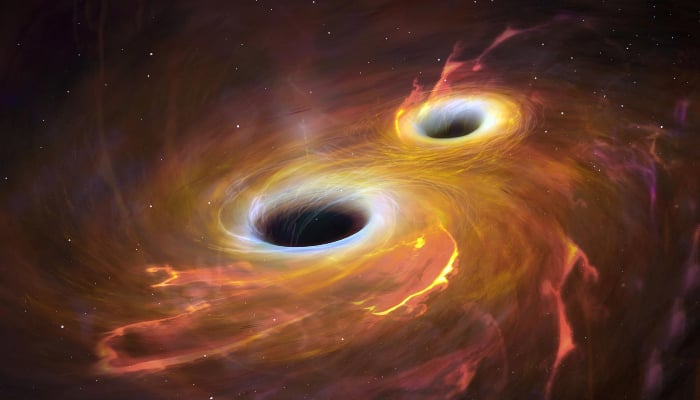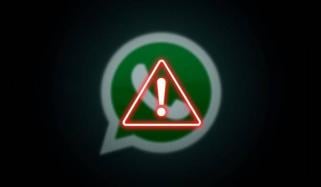
Astronomers have discovered supermassive black holes near our galaxy on the brink of collision.
According to Science Alert, when two galaxies crashed, their stars mixed together, causing supermassive black holes at their centers. These black holes merged into one big black hole, making an entirely new galaxy with a super-sized black hole at its centre.
The Hubble Space Telescope (HST) recently spotted three bright, visible, and light ‘hot spots’ inside a pair of galaxies that will collide soon. These colliding galaxies are very close to us, only 800 million light-years.
Anna Trindade Falcão of the Centre for Astrophysics, Harvard & Smithsonian in Cambridge, Massachusetts, said, “We were not expecting to see something like this. This view is not a common occurrence in the nearby universe and told us there's something else going on inside the galaxy."
The future cosmic collision of the galaxy called MCG-03-34-64 was captured by HST's Advanced Camera for Surveys.
The expert explained, “When we looked at MCG-03-34-64 in the X-ray band, we saw two separated, powerful sources of high-energy emission coincident with the bright optical points of light seen with Hubble. We put these pieces together and concluded that we were likely looking at two closely spaced supermassive black holes.”
Moreover, the astronomers also observed that two of the three ‘hot spots’ are at a distance of only about 300 light-years, whereas the distance of the third hot spot is unclear.
Falcão also noted, “When you see bright light in optical, X-ray, and radio wavelengths, a lot of things can be ruled out, leaving the conclusion that these can only be explained as close black holes. When you put all the pieces together, it gives you the picture of the AGN duo."
Scientists have predicted that the supermassive black holes will collide in nearly a hundred million years, and the powerful collision will trigger a lot of cosmic activities in the future.















